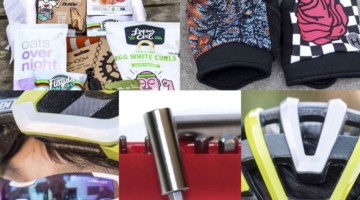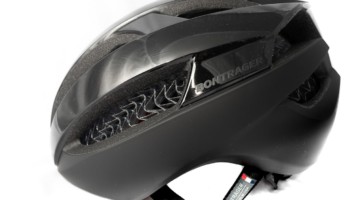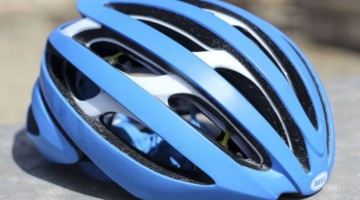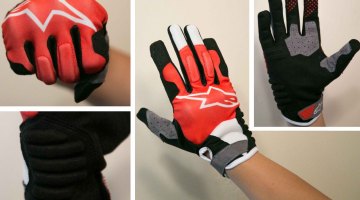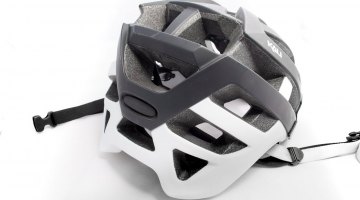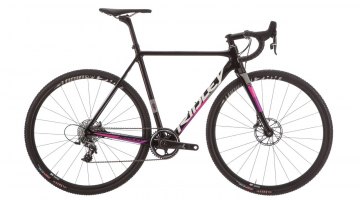This past week Smith launched two new helmets, the Route, intended for road use and the Rover, designed with MTB riders in mind. Each comes in a non-MIPS and MIPS versions, and both feature Smith’s use of the iconic Koroyd honeycomb material that absorbs impact energy while still allowing ventilation.
The two helmets are priced at $150 USD for the non-MIPS version and $180 USD for the MIPS models.
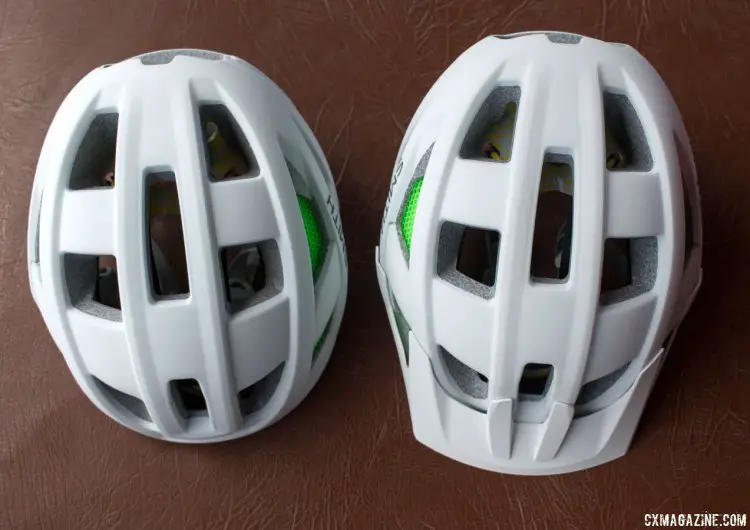
Smith’s new Route (road, left) and Rover (mtb, right) helmets use different molds but look similar. Both are $150 for non-MIPS, and $180 for MIPS, available now. Press Camp 2016. © Cyclocross Magazine
We’ve taken a look at both Smith’s entry into MIPS-equipped models as well as the company’s Overtake road helmet ($250 USD non-MIPS, $280 USD MIPS), and these two new helmets follow the Overtake as well as Smith’s Forefront MTB lid ($220 non-MIPS, $250 MIPS).
Compared to the Overtake, there’s no aero benefits claimed with the new models, but instead, both are aimed to be versatile helmets for racers, recreational cyclists and commuters. The Rover features 20 vents and comes in eight colors and sports a visor. The Route comes in nine colors and features 19 vents.
Depending on the helmet’s color, the Koroyd, which there is less of than the Overtake, is either the familiar green or grey. Each comes in three sizes and features X-Static anti-microbial liners.
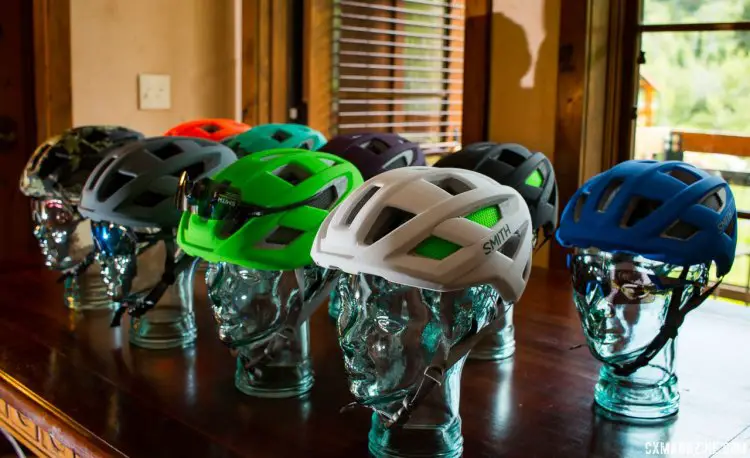
Smith’s new Route (road) comes in nine colors so there’s a good chance to match your kit. The iconic Koroyd also changes colors. Press Camp 2016. © Cyclocross Magazine
We had a chance to ride the Route and once set up and adjusted, the MIPS-equipped road-oriented helmet was comfortable, secure and relatively well-ventilated on long rides, even in summer heat. Compared to the Overtake, the Route, with more non-Koryd vents, is more forgiving of slow speeds in terms of cooling, so if you’re crawling along on a long climb or just socializing with friends, the ventilation is good in terms of letting heat escape and letting the wind in. Our longest ride was a long mountain bike ride, and despite the lack of a visor, the Route felt (and looked) at home in the dirt.
TheVaporFit system provides an easy-to-adjust fit, and didn’t interfere with any of the sunglasses we’ve tried with the Route.
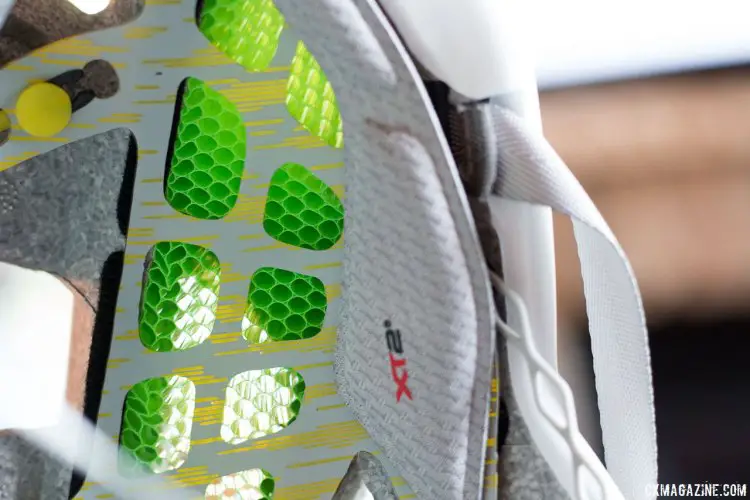
Smith’s new Route (road) and Rover (mtb) helmets with MIPS and Koryd places a premium on using the latest technology to protect your noggin. Press Camp 2016. © Cyclocross Magazine
Thankfully, we haven’t yet validated the safety features and materials in the Smith Optics Route helmet, but the research behind both Koryd and MIPS looks to have merit, and are at least good insurance policies. Most of us wear helmets as insurance, and the Route and Rover look like they could be the umbrella policies of bike helmets, offering the piece of mind that the latest technology is protecting your brain.
More info: smithoptics.com
See more news and gear from Press Camp right here.























